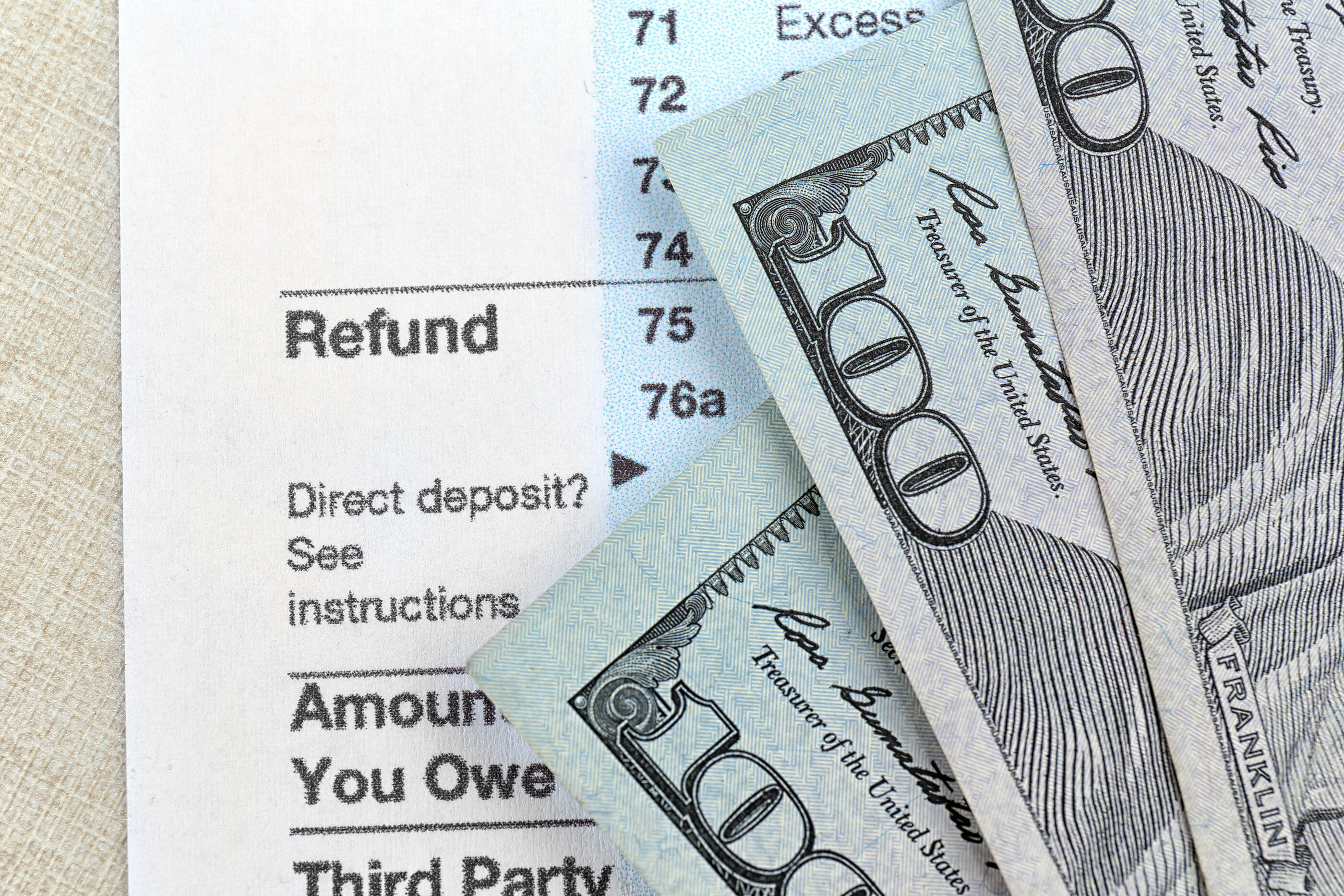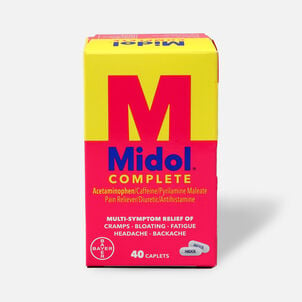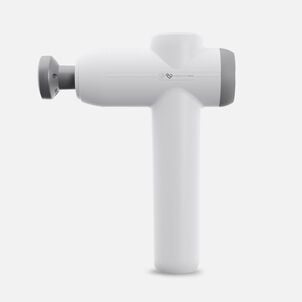How to make the best use of your tax refund

If you were lucky enough to get a tax refund, don't go spending it just yet. Sure, it's tempting to go out and splurge on extra guac or an iPhone X, but why not put it towards something that'll reap continuous benefits over the long term? In our debut article for Tax Facts -- our new weekly HSA tax tips column -- we're discussing that very topic.
No, contributing towards your HSA isn't necessarily as sexy as a fancy new phone. But your phone isn't going to help you much when it fails on you after a wireless charger mishap (spoiler: your HSA won't do that).
If you already have an HSA (or are considering opening one), here are three reasons why it's always a good idea to put your tax refund into it.
Grow your money tax-free
Once you have an HSA, you can choose how to invest the money you've set aside. Depending on the HSA bank custodian that you've either chosen or your employer has chosen for you, you can select from a wide range of options. If you play your cards right, you can maximize your returns by increasing earnings from your investments.
Tax-free medical care
If you pay out of pocket for any eligible medical-related expenses (yes, even band-aids), you're usually paying it with taxable income. However, if you use your HSA contributions to do it, you're not paying taxes on that amount, as long as it counts as a qualified medical expense. Hence, some money in your pocket!
A great thing to remember is that your HSA contributions never expire, so you can keep the money in your account until you really need it.
To make sure what you're buying counts as a qualified medical expense, check our Eligibility List, your HSA administrator, or even the IRS website to get the latest information. Otherwise, you're looking at paying regular income tax on top of a 20% penalty for non-qualified HSA expenses.
A smart way to invest your tax refund
If you got a tax refund this year, it's probably because you've been able to lower your tax bill (go you!). Maybe you've claimed possible deductions, which pushed you to a lower tax bracket. Well, with an HSA, you can use your contributions to increase your deductions. And if you're 55 or older, you can even contribute extra money into your HSA.
If you want some tax breaks, use your refund to max out your HSA contributions. Even if you contribute tax-free throughout the year through your employer, you can contact your HSA administrator directly to make an additional contribution (provided it's within the max) and take a tax deduction at the end of the year.
Since contributions for any tax year are due on the same day as tax-filing deadlines, you can simply take your refund and put it into your HSA before the deadline, helping you pay fewer taxes. For example, you can contribute to an HSA account for the tax year 2023 up to April 15, 2024. (Just remember that HSA contribution maximums are based on the calendar year.)
No doubt that healthcare is important. Taking your tax refund and putting it to work for your HSA is a great way to take care of your future. After all, isn't your family's health worth it?
Tax Facts is a weekly column offering straight up, no-nonsense HSA tax tips, written in everyday language. Look for it every Tuesday, exclusively on the HSAstore.com Learning Center. And for the latest info about your health and financial wellness, be sure to follow us on Facebook and Twitter.


.png)














